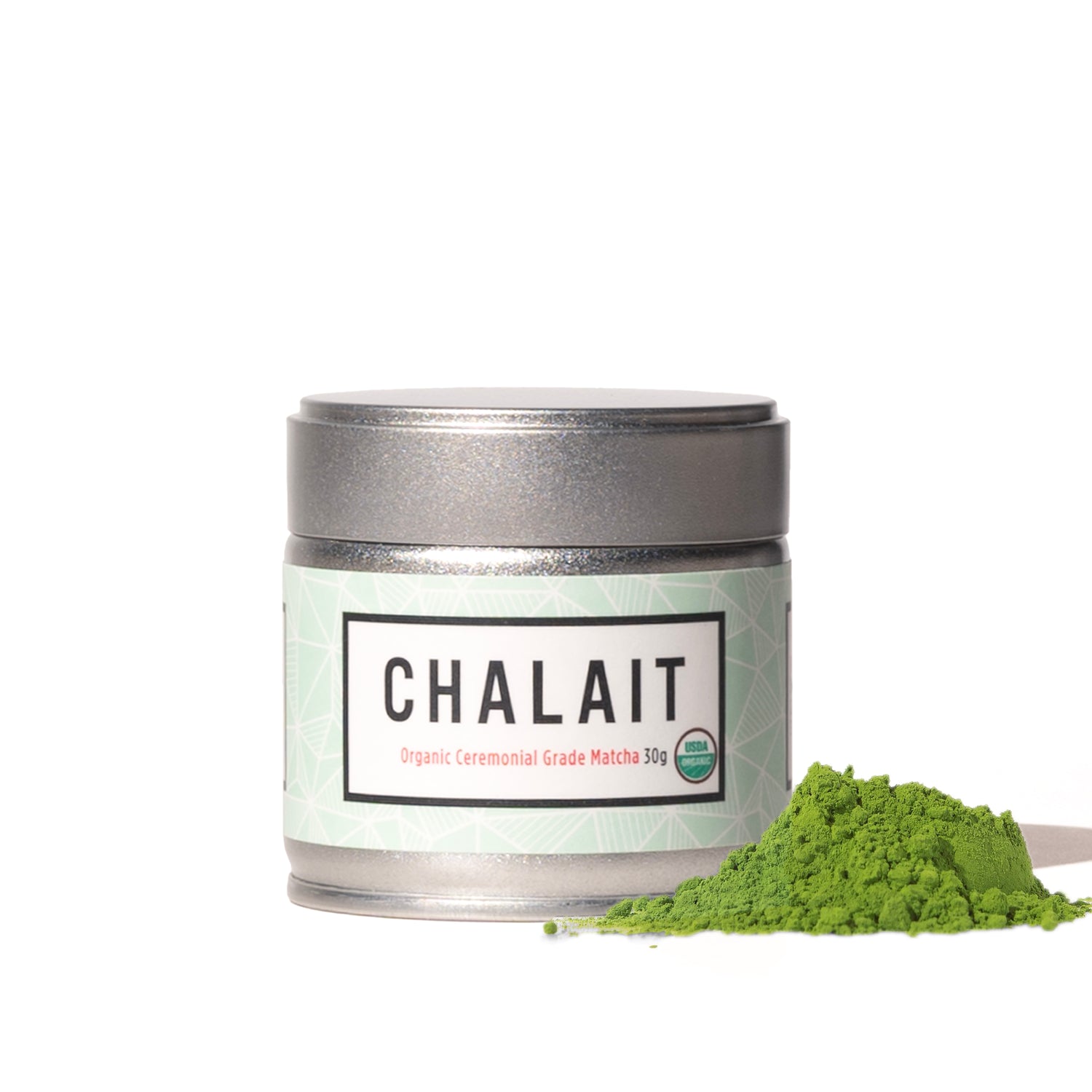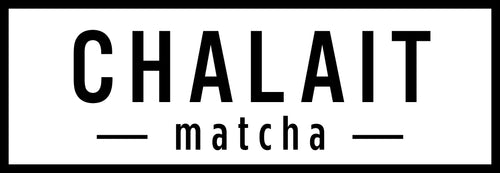Show me the facts. The stats. The cold, hard proof. If your brain works similarly to my own, you need not only to understand how meditation works but a full, comprehensive list of the benefits.
While a quick meditative session may only be a few minutes long - my busy mind would much rather I complete a marathon than to try and seek some internal quiet. So, the benefits have to be real and substantial.
Research into this ancient ritual continually support the benefits of meditation, which will leave you asking - why haven't I started already?
The most astounding results are from studies conducted in 2012 and 2013. These studies were able to show measurable changes to the brain, proving how meditation can assist in preserving the again brain. Not only was there a greater volume of grey matter in people who meditated regularly; it also supported the idea of brain plasticity.
Luckily, adding meditation into your day becomes easier with each session. Starting with a ritual of just a few minutes daily will have you reaping the benefits that science has proven to be true
Benefits of Meditation
- Decreases stress
- Lowers levels of cortisol
- Increases attention span
- Reduce the effects of ageing on the brain
- Helps to control emotions
- Achieve inner peace
- Helps with irritable bowel syndrome
- Assists in coping with pain
- There is evidence that it also helps to lower blood pressure

How to meditate
Time needed: 3 minutes.
First time meditating? Take it nice and slow, aim for 3 minutes and gradually increase the time as you feel you can. It is ideal if you schedule a time and place that you know will be quiet, or where you won't be interrupted.
-
Turn off all digital devices
Unless you are using a guided meditation, you should turn off your phone or tv to prevent interruptions or distractions
-
Sit comfortably
Find somewhere comfortable to sit. This could be an office chair, lounge, yoga mat or park bench. Loosen any tight or uncomfortable clothing and close your eyes
-
Set a timer
Decide on how long you would like to meditate for. If this is your first time, aim for 3 minutes. If it's not too difficult, set an alarm with a gentle wind chime sound.
-
Close your eyes and focus on your breathing
Take special notice of your breathing, feeling your chest rise and fall or feeling of air just under your nose. Try not to overthink your breathing, just breathe as you normally would.
-
Notice distracting thoughts
Undoubtedly your mind will wander to things you have forgotten to do today, things you need to plan or worries that may be troubling you. When you notice your mind wandering, come back to your breathing
Tools to help you meditate
One of the benefits of meditation is that it requires no special tools or equipment. In saying that, there are some items that some people find helps them to focus, get comfortable or to remind them to meditate.
- Meditation Apps: If your mind continually wanders, you may find that meditation apps can help. Some smartphone apps will provide a guided meditation that will help to direct you back to your breathing. Some of the best meditation apps include Insight Timer, Headspace and Calm.
- White Noise: White noise or gentle music can help relax you and take the focus away from other distracting sounds
- Comfortable Chair or cushion. Comfortable seating will help you to feel relaxed.
- Noise Cancelling headphones. Noise-cancelling headphones can help you to meditate even in a workplace
- Aromatherapy: If your meditation intention for the day is to reduce stress, then meditation with essential oils can promote relaxation. Aromatherapy can also be used to help create a meditative ritual.
- Drink Matcha: Consuming matcha before meditative practice can help sharpen your focus, without giving you the jitters. Many people find that preparing and then drinking this traditional drink also helps set an intention and create a ritual.


